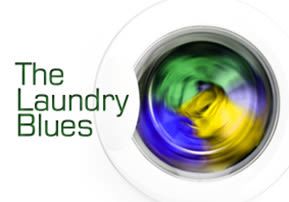
The Laundry Blues
We wash those soiled Shabbos shirts, dry them, iron them, and put them on our little darlings. Five minutes later they are covered in grape juice and smothered in chocolate…

Here I am at it again. Laundry. There is nothing more repetitious and cyclical than doing the wash. As soon as you wash it, dry it, fold it and iron it, the clothes are literally flying out of the drawers once more.
In this house, our hampers seem to be suffering from a severe case of acid reflux. No matter what you put in, it spits it right back up. It is constantly regurgitating 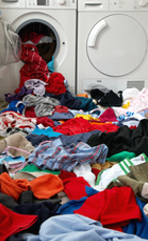 dirty clothes to no end. As soon as a sense of accomplishment begins to creep in, a Mount Everest made up of dirty clothes has suddenly reappeared in the bathroom.
dirty clothes to no end. As soon as a sense of accomplishment begins to creep in, a Mount Everest made up of dirty clothes has suddenly reappeared in the bathroom.
 dirty clothes to no end. As soon as a sense of accomplishment begins to creep in, a Mount Everest made up of dirty clothes has suddenly reappeared in the bathroom.
dirty clothes to no end. As soon as a sense of accomplishment begins to creep in, a Mount Everest made up of dirty clothes has suddenly reappeared in the bathroom.Our Rabbi’s tell us that the punishment for Chava’s sin in Gan Eden was twofold—the pain a woman experiences at childbirth, and the need to earn one’s sustenance through hard work. With all due respect to our sages, I must say that the real ‘punishment’ if you will—was laundry. I mean, here was the first man and woman in a natural state, when all of a sudden BOOM! They sin. And what is one of the first things they must do? Wear clothes! Adam must begin dirtying his nice clean shirts, and Chava has to run out to Costco every week to lug home those 300 ounce bottles of Tide. The punishment fits the crime perfectly!
Here we are, some five thousand-odd years later, still lugging those 300 ounce bottles of Tide home from Costco. We get to feel a momentary satisfaction as we wash those soiled Shabbat shirts, we dry them, iron them, put them on our little darlings. Five minutes later they are covered in grape juice, splattered with gefilte fish, and smothered in chocolate. The cycle begins once again. And much like the manna in the desert, which doubled every Shabbat, I also find that every Shabbat, the laundry has doubled as well. Baruch Hashem.
In the desert, the Jews clothes came equipped with a self cleaning mechanism so that they did not need to bother with laundry. I mean, the Haggadah would have taken on a new tone otherwise. “Why do we eat unleavened bread? Because when Hashem took the Jews out of Egypt they left in such a hurry that their dough had no time to rise. Also, because the 300 ounce bottles of Tide took too much space in the Clouds of Glory, and there was no room for anything else.”
Wouldn’t the Chumash seem strange as well if we read about the wanderings of the Jews in the desert had they had to do laundry? “And the Jewish children cried—‘we have no more clean socks! Imma, I dirtied my socks running from Pharaoh, and I really want to wear my pink ones with the ruffles on them!’” It seems so trivial in the greater scheme of things….
But it is not trivial! Even something as seemingly insignificant and mundane as laundry is part of being a woman of valor. Even if we don’t directly do the laundry, we have to worry about it. We have to make sure that it gets done, and that our family is representing klal Israel like true menches—clean, well groomed, and put together. At least that’s how we send them out in the morning anyway.
A woman of valor has many roles. Laundry is just one of them. Sock shadchan is another. Who else sits there matching up each stray sock with its ‘besherte?” It is not a waste of time! Jews have to wear matched socks as we do battle with the world’s ills! It is up to Jewish mother’s everywhere to ensure that our children are representing their people in a manner befitting the true royalty that they are!
So the next time that Mount Tide looms large in the bathroom, and dirty socks seem to mock you from every nook and cranny, consider it a privilege—and an honor—to wash the garments of little Jewish ‘royals’—for they sure do make a royal mess out of their clothes by the time the day is done.
In Eishes Chayil we learn:” She looks for wool and linen, and works with willing hands.” In a commentary by Rabbi Yaakov Iskowitz, this means that a woman does her tasks “eagerly and cheerfully. She is not lazy.” That is one meaning, and a meaning by which we should all strive. Especially when it comes to doing laundry.
So who is a woman of valor? A woman who is not afraid of dirty socks. A woman who elevates laundry into a spiritual opportunity by looking beyond her immediate task, with the knowledge that Hashem will reward her for her actions. It’s a dirty job, as they say—but somebody has to do it. And if you don’t do it, everyone will know. Believe me…..
Clean laundry is a symbol of love. When we take the time to do this for our family they feel loved—secure. And above all—they smell like that ‘deep clean springtime scent’.
Let us pray—and I mean all you Tide toting ladies—and men, of course—out there; let’s pray for a time when our clothes will once again employ that self cleaning mechanism. A time when the whole world will be pure and clean—like a freshly laundered batch of socks. A time when Mashiach will come to redeem us—and our 300 ounce bottles of Tide –from this exile! May it be speedily in our days! Amen!






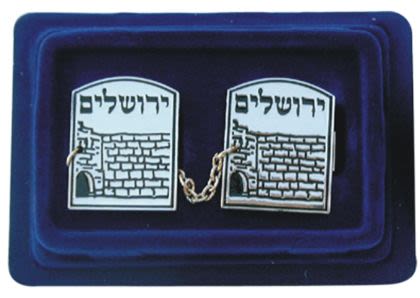
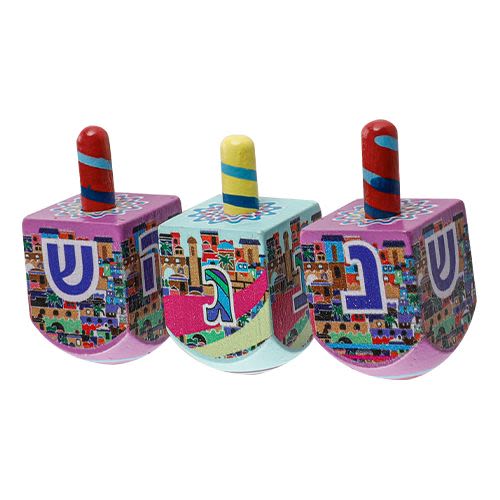

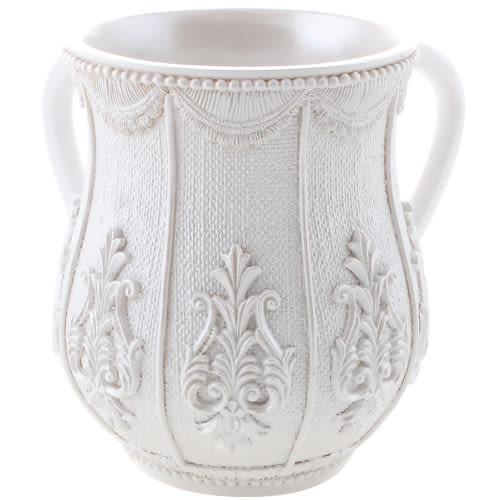
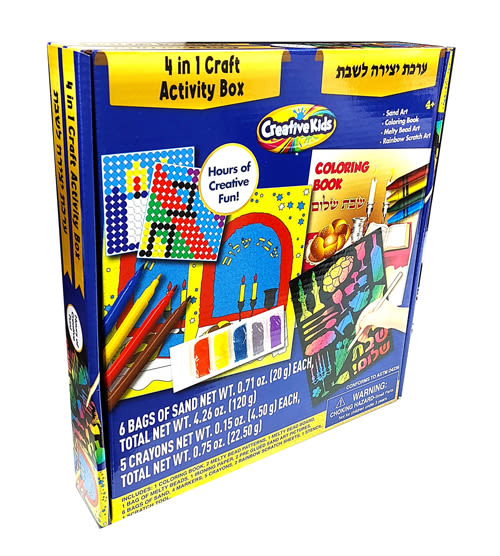
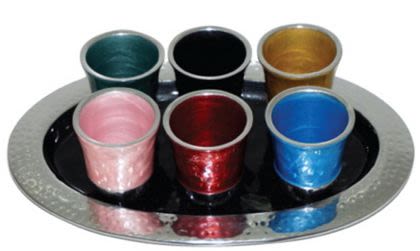
7/19/2011
cute! Rabbi Nachman says we should be happy, so it's always nice to read an article that puts a smile on my face! 🙂
7/19/2011
Rabbi Nachman says we should be happy, so it's always nice to read an article that puts a smile on my face! 🙂